French school graduation: 4 weeks of French language school are in the books. The time has flown by. Do we know more than when we came? Bien sûr. (Of course.) Are we close to being fluent, or even to speaking comfortably in public? Mais non! (Of course not!)
We do highly recommend immersion school as second step to learning a language. I had a semester of French in college (il y a 30 ans – 30 years ago; yikes), and I gained a foundation that Mark feels would have been very helpful for him to have learned before coming to school. The Institut de Français tells people not to prepare before attending. We think that is because there are times when people have so ‘mis-learned’ things it is impossible for the Institute to undo the damage. They specifically mentioned Rosetta Stone in this regard (who may be their biggest competitor….). But to take some beginner classes at the local Alliance Française, or even learn some basics from someone who knows some French, seems a good idea to us. For some suggestions on what to study before going to a school, see the end of the post.
One easy thing about French is that there are so many words that are basically the same in English and French. For example, there are hundreds of words in the English language that end in –ion, and all but a few of them translate in French with just a different pronunciation: situation, reservation, question, opinion, condition, position, etc. etc.
Some exceptions:
translation (en) = traduction (fr),
explanation (en) = explication (fr), and
vacation (en) – les vacances (fr). Plural, you notice, because the French don’t believe in a single vacation!!
There are many other examples of words that are the same in English/French, such as words ending in –ence and –ance (difference, relevance), and words we have borrowed from French, such as foyer, déja-vu and rendez-vous.
Speaking of rendez-vous, this word has an interesting history. Dueling became mainstream in Europe when two monarchs got into the act. When the treaty between France and Spain broke down in 1526, Frances I challenged Charles V to a duel. After a lot of back and forth arguing about the arrangements of the duel, their determination to go toe to toe dissipated. But the kings did succeed in making dueling all the rage across Europe. It was especially popular in France; 10,000 Frenchmen are though to have died during a ten year period under Henry IV. The king issued an edict against the practice to stop the bloodshed. Though illegal, dueling still continued (4,000 nobles still lost their lives to the practice during the reign of Louis XIV). But the men did change the signal for a duel to ‘Rendez-vous’ as in let’s have a meeting (literally, render/present yourselves), but it meant, let’s have a duel. Luckily this connotation no longer applies. The French now use rendez-vous to mean ‘a date, or an appointment’ but not as a verb ‘to meet up’ the way we do in English.
Mayday also has an interesting origin. Aider is the verb for ‘to help’ and the French often put the direct pronoun before the verb. So instead of saying ‘Vous aidez moi’ (You help me) they say Vous moi aidez, which becomes Vous m’aidez since aidez begins with a vowel. And in the imperative form of giving a command (or a request in this case), just like we would say “Help me!” they might say “M’aidez!”. And voila, “Mayday, mayday!”
One other interesting idiomatic phrase that came up. When wishing an actor at the theater good luck, we would say “Break a leg!” But the French say “Merde!” You may already know that merde translates to ‘sh#t”, so this doesn’t seem too friendly. But back in the day when the audience arrived to the theater by horses, if there were a lot of horses, there was a lot of ‘sh#t’ so this was a good thing, and thus an appropriate wish for success.
Anyway, these were some of the tales from our teachers (not truly verified). We’ll end with some pictures from school and some extra-curricular activities. And if you decide to go to French language immersion school…. “Merde!!” (and we mean that in every sense of the word.)
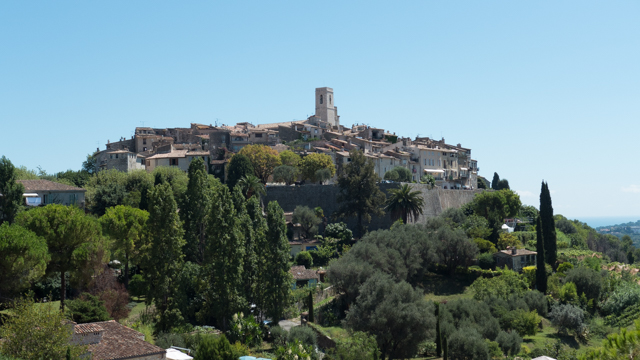




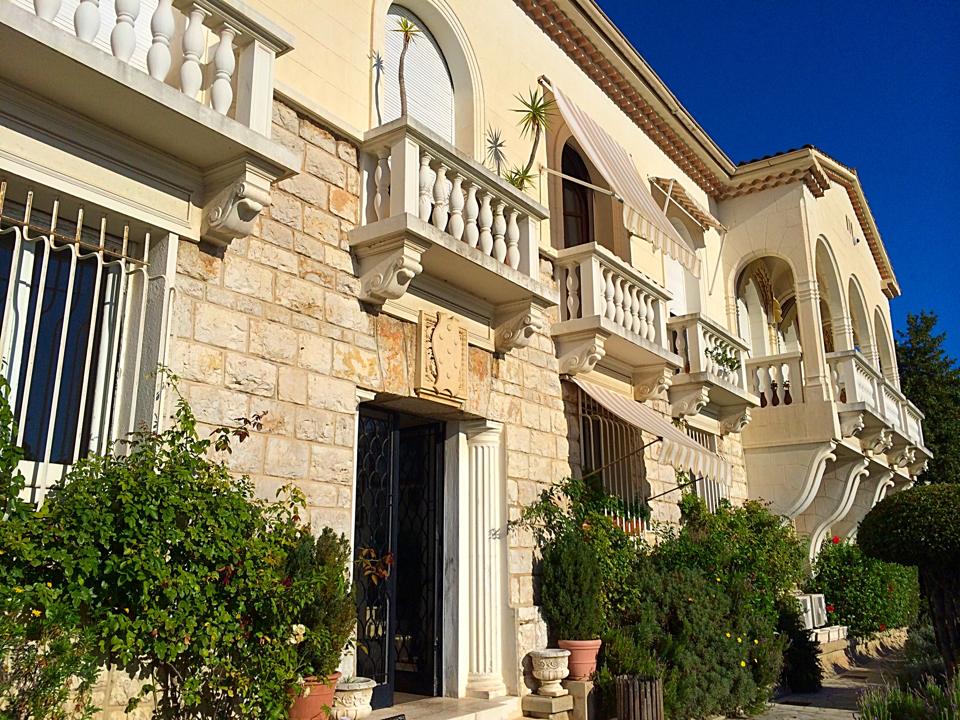
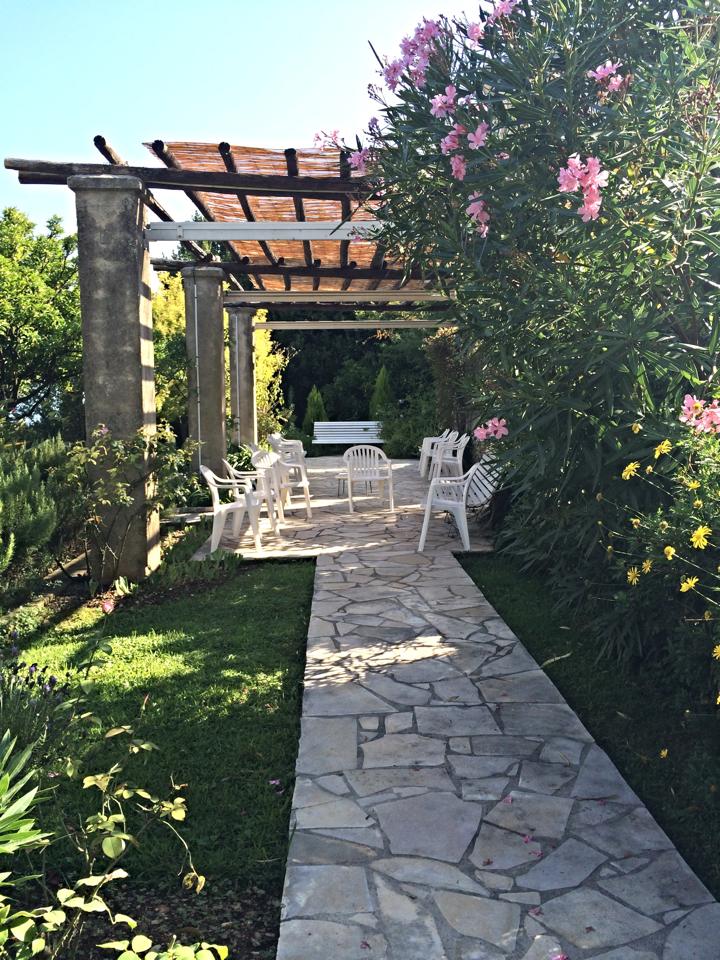
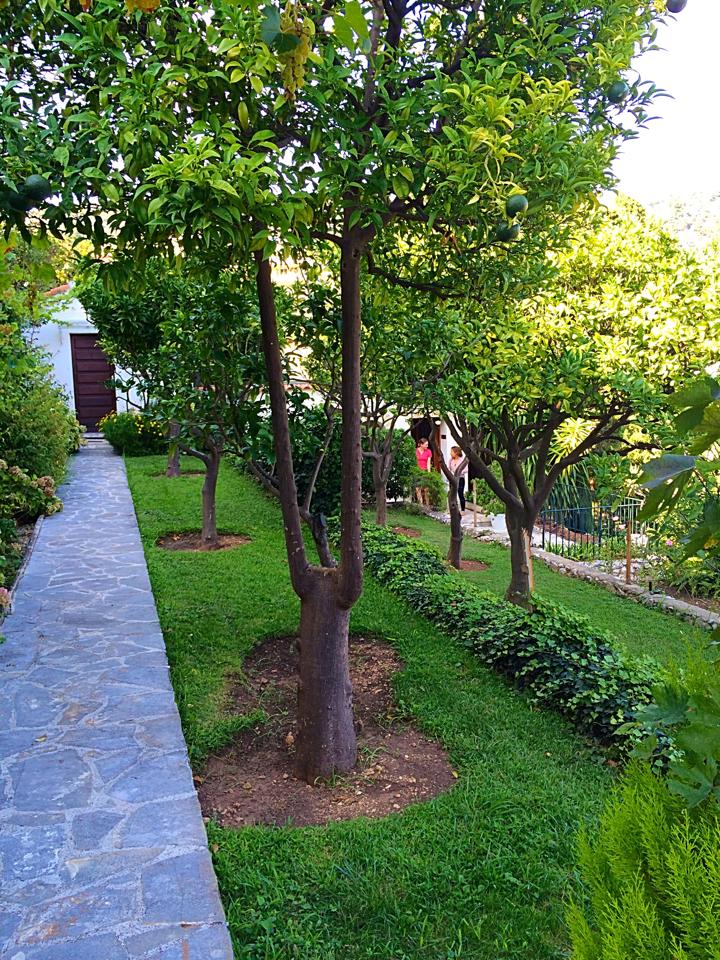
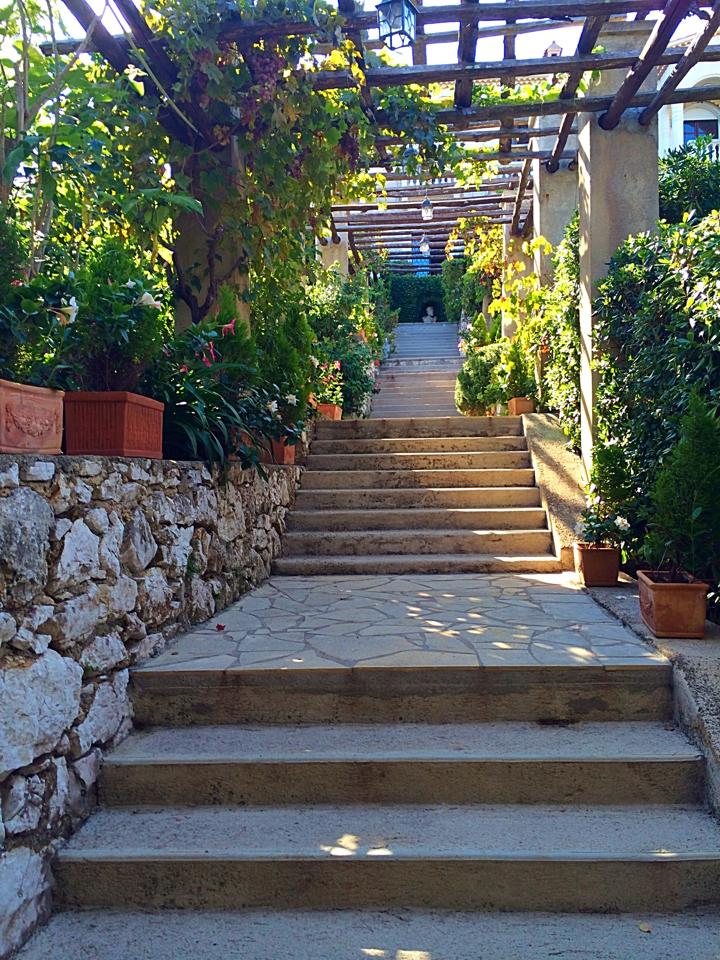
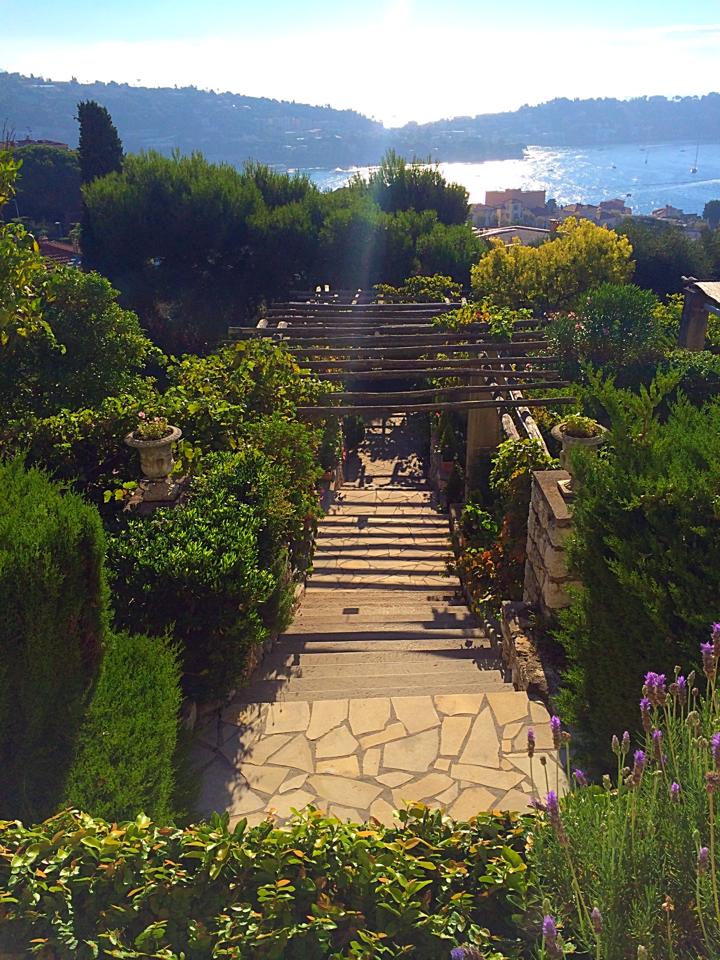
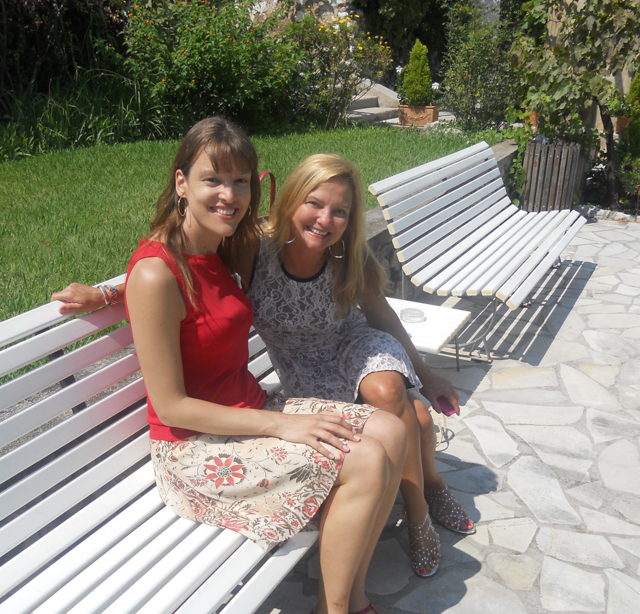
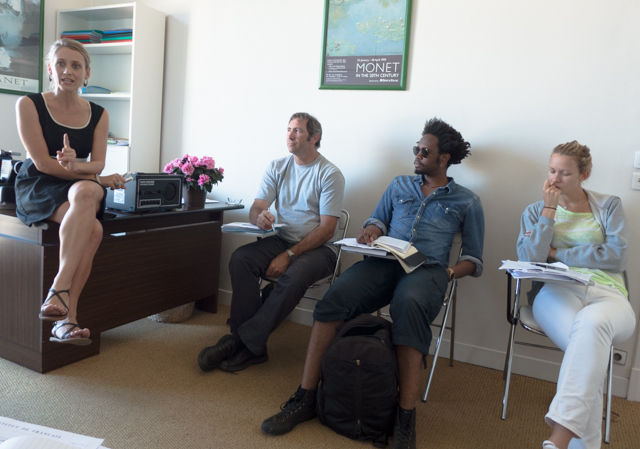
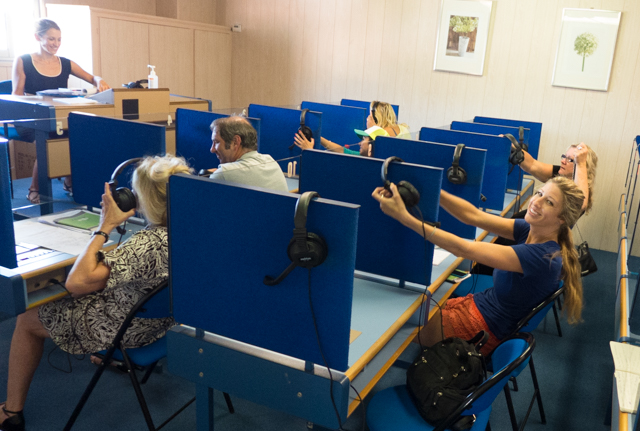
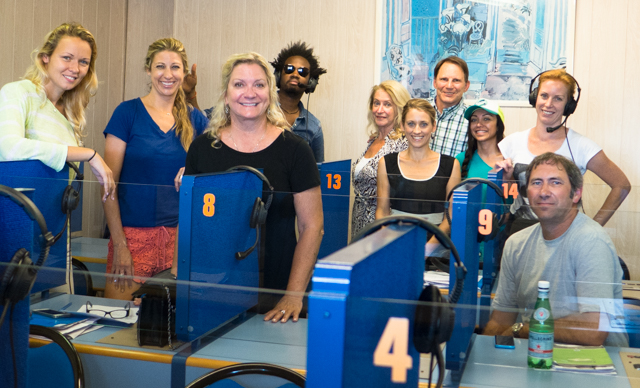
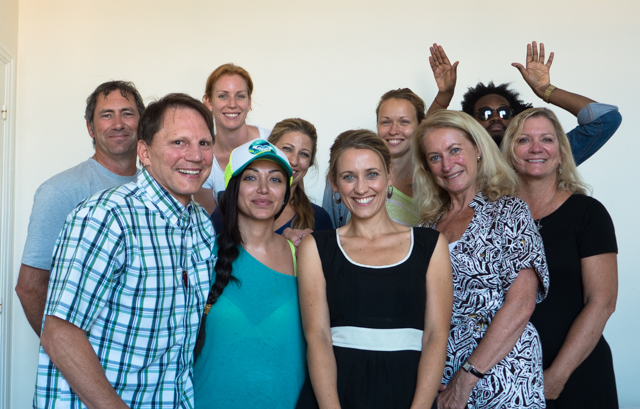
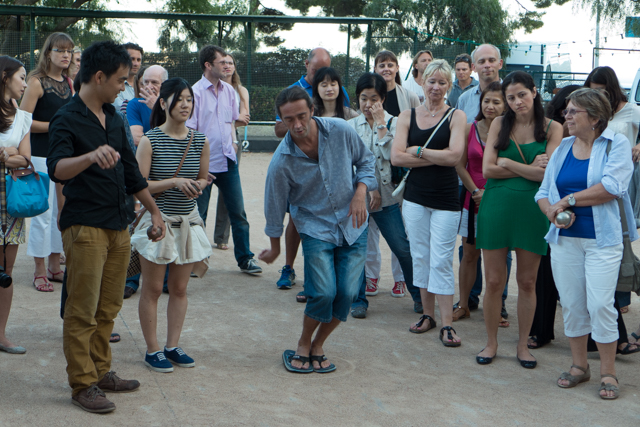
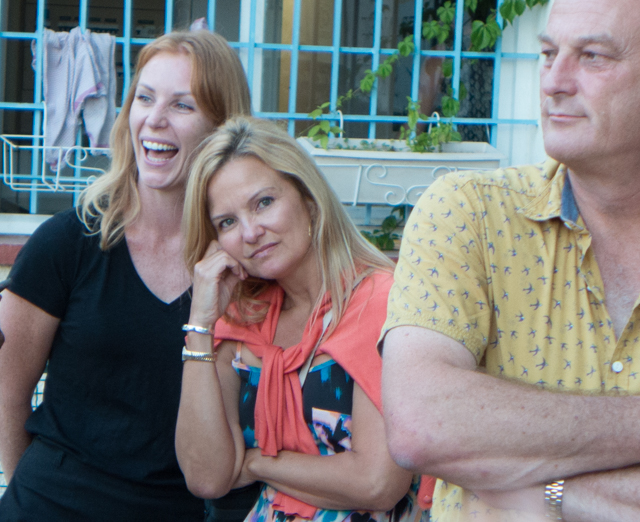
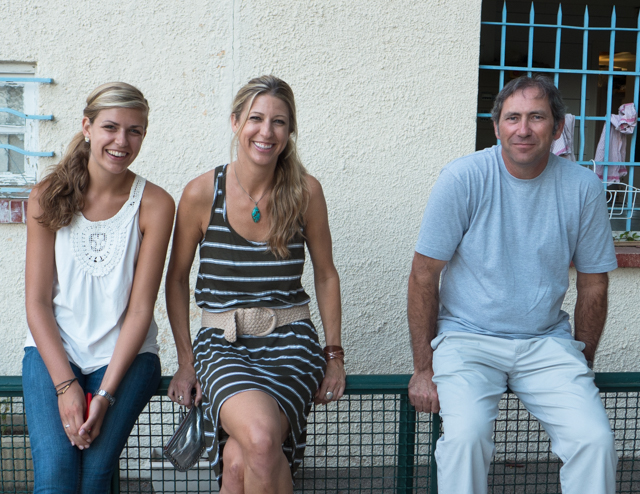
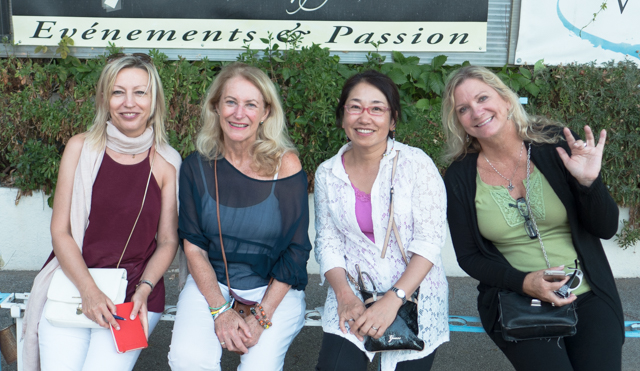
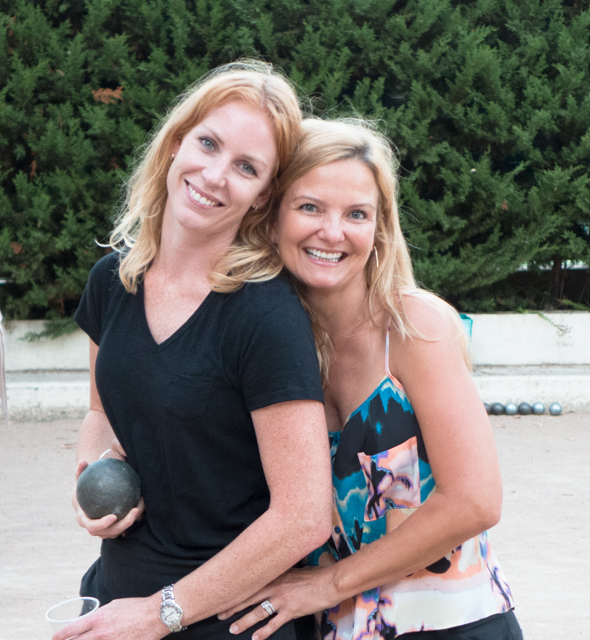
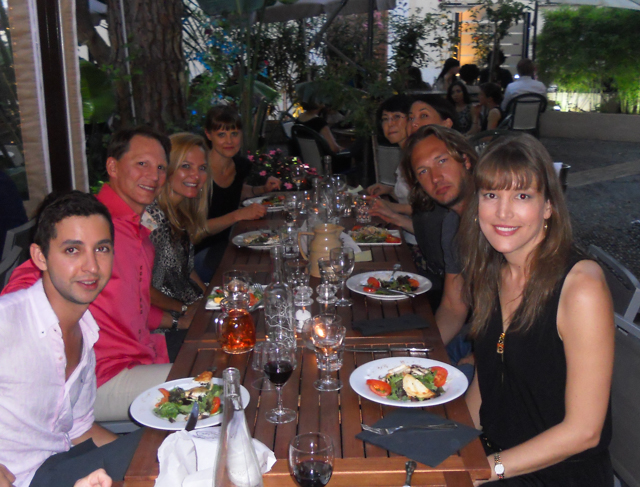














Specifically, it would have been helpful to study the basic pronouns and regular verb conjugation:
Je parle = I speak
Tu parle = You speak
Il/Elle parles = He/she speaks
Nous parlons = We speak
Vous parlez = You speak
Ils/Elle parlent = They speak
And some basic pronunciation rules:
- You rarely say the ‘s’ on the end of a word, even if you’re using the plural form (an exception is ‘plus’ when it is actually used to mean ‘plus’ as in ‘in addition to’, and not ‘more’
- You often don’t say the ending consonants on words: soir (swa), institut (institoo), etc.
- ‘on’, ‘en’, ‘in’ etc. are nasal sounds only, not a hard ‘n’
- ‘-er’, ‘-ez-, ‘-é ‘on the end of verbs all sound the same (basically ‘-ay)
- ‘Je’ is pronounced ‘zhe’
So, for example, in the phrases above:
‘parle’, ‘parles’ and ‘parlent’ are all pronounced ‘parl’,
‘parlons’ is pronounced ‘parlo’ (with a touch of nasalness) and
‘parlez’ is pronounced ‘parlay’.
As in ‘Parlez-vous anglais?’ (Do you speak English?) which used to be my most used phrase, but is becoming less so. Progress.
For more info on the Institut: Institut de Français

It’s been wonderful to follow your language learning, French countryside exploring, adventure. Thanks for sharing it!
How much fun did we have in France?! I loved reminiscing through your blog and seeing so many of the pictures from school. What a wonderful experience (tho, was harder than heck,) but I sure do miss it, and everyone! (well, almost…lol;)
Happy traveling to you two adventures!!